Epistemology Mind Maps - Public Gallery
Explore our wide public collection of epistemology mind maps created by Mindomo users all over the world. Here, you can find all public diagrams related to epistemology. You can view these examples to get some inspiration. Some diagrams also give you the right to copy and edit them. This flexibility allows you to use these mind maps as templates, saving time and giving you a strong starting point for your work. You can contribute to this gallery with your own diagrams once you make them public, and you can be a source of inspiration for other users and be featured here.
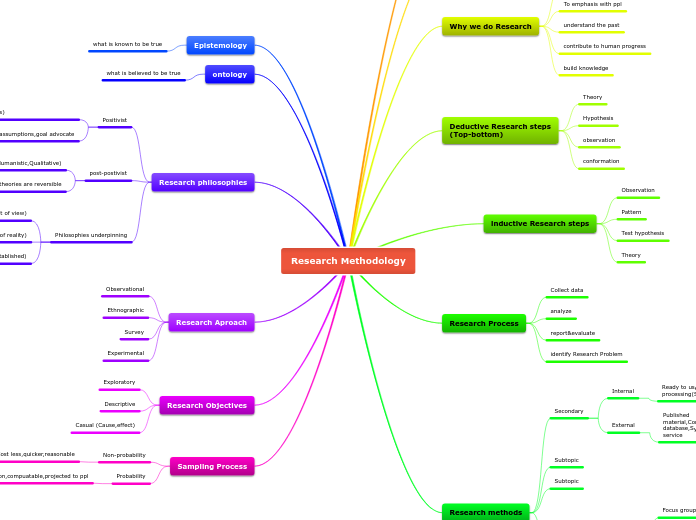

Research Methodology
by Suliman Saleh
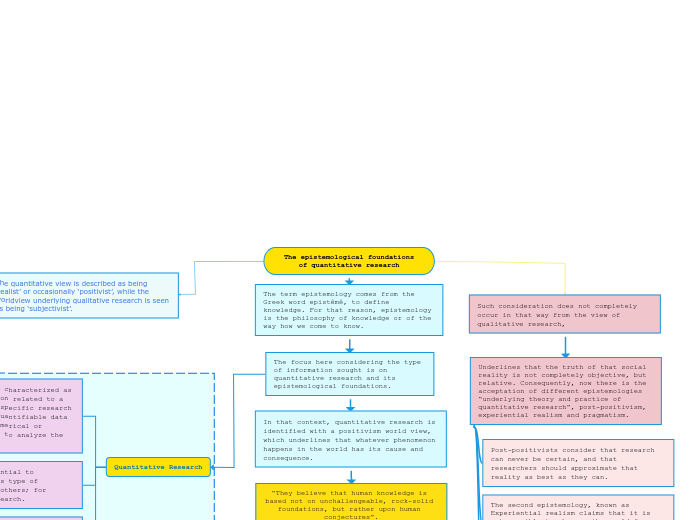

The epistemological foundations of quantitative research
by WENDY DAYANA CONDOR SARAGOSIN
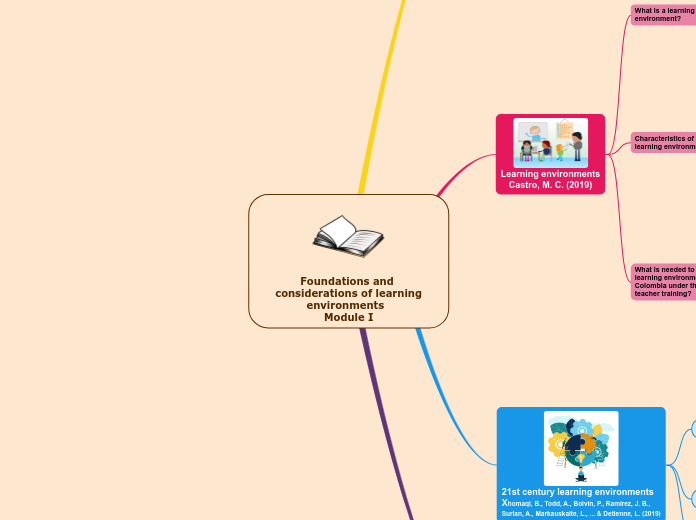

Foundations and considerations of learning environments Module I
by Diana Maritza Narvaez Vasquez
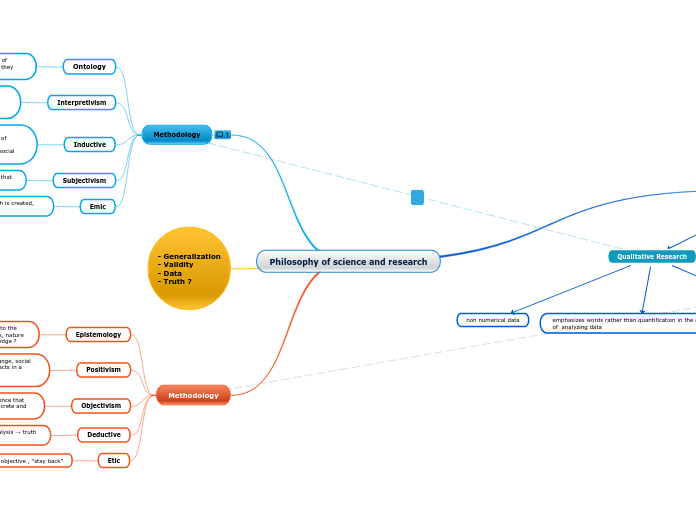

Philosophy of science and research
by Marie Theis
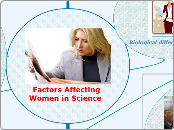

Factors facing Women in Science
by Fady Waheed


The epistemological foundations of quantitative research
by jhon sanchez
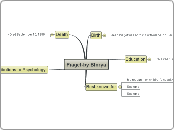

Piaget-by Blorya
by Piaget-mindhomo-by Blorya Baruch


Phylogeny of Concepts
by Peter Martin
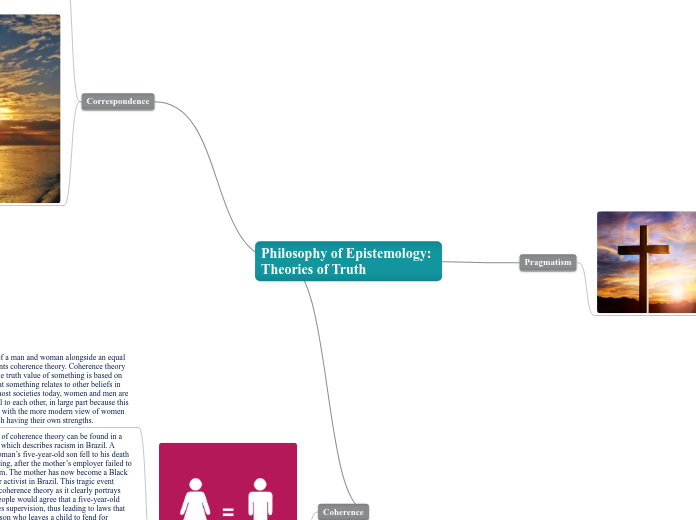

Philosophy of Epistemology: Theories of Truth
by Carla Stocco


research
by mohmmad ali
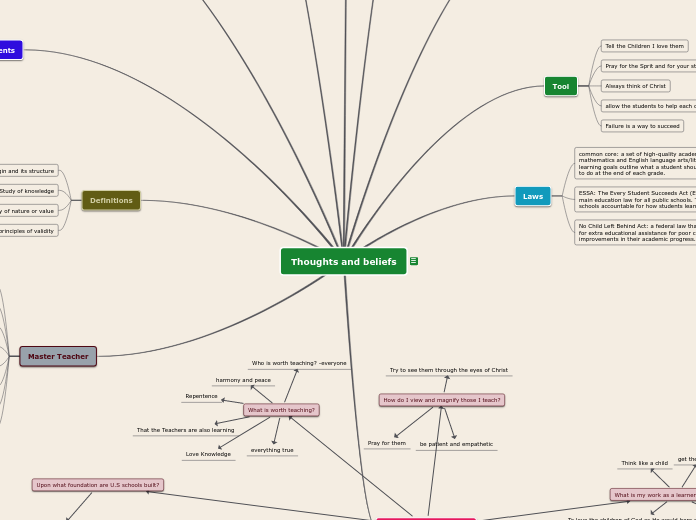

ED 202
by mckenna mitchell
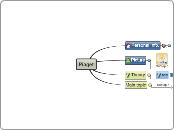

Levinsky - Reema-Orly
by Reema Orly
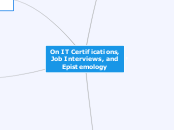

On IT Certifications
by Alex Ostreiko
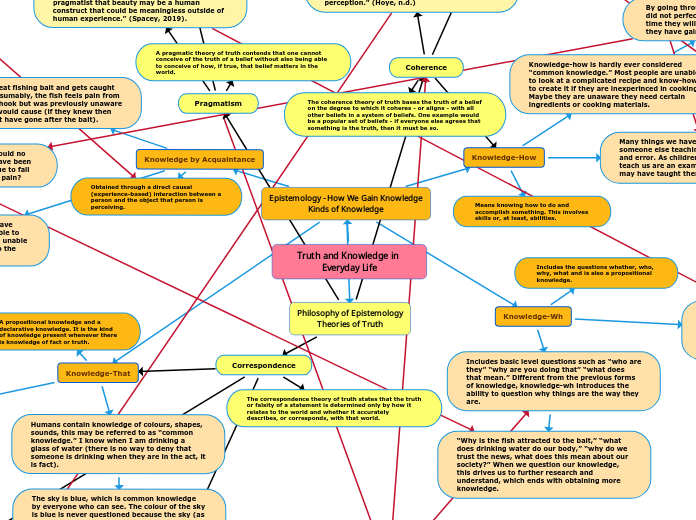

Truth and Knowledge in Everyday Life
by Eden Metcalf
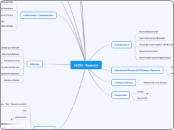

6025C - Research
by TAN WEI
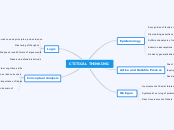

CTITICAL THINKING
by Tabby Kaburia
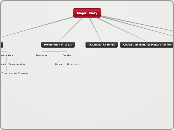

Major Study
by Sirwan Qutbi
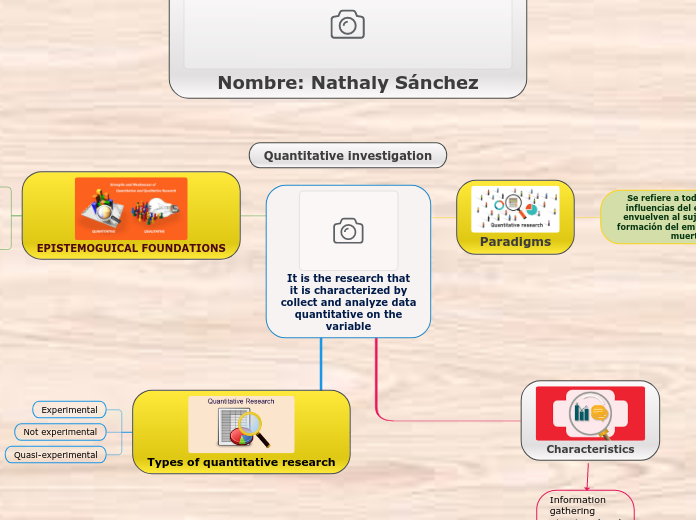

It is the research that it is characterized by collect and analyze data quantitative on the variable
by CRISTIAN ALOMOTO
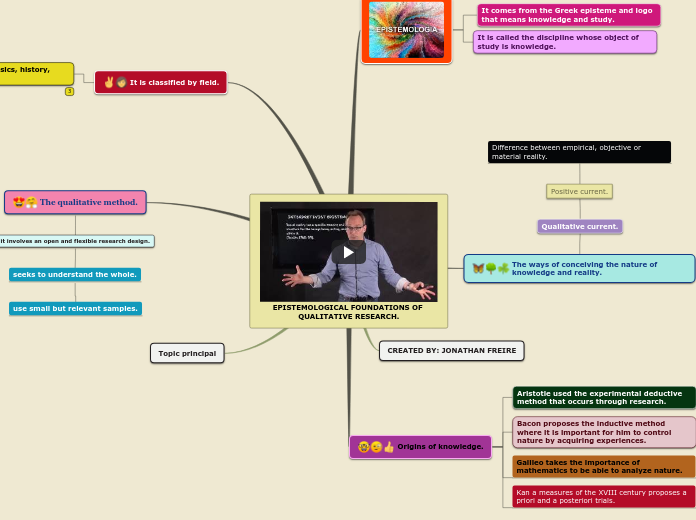

EPISTEMOLOGICAL FOUNDATIONS OF QUALITATIVE RESEARCH.
by Jonathan Freire
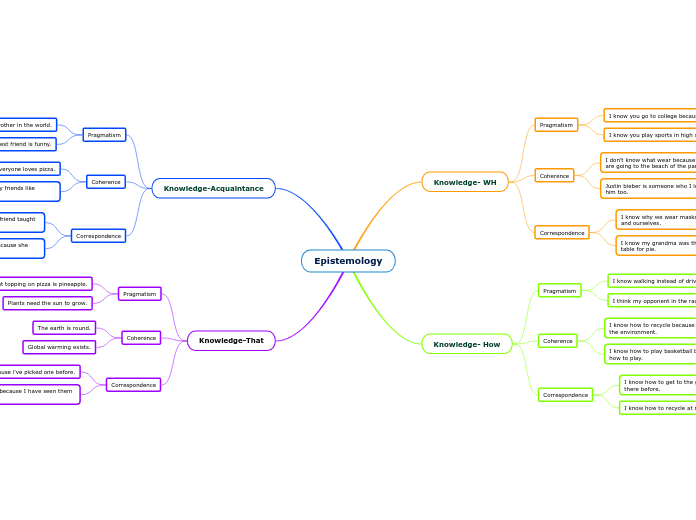

Epistemology
by Blythe Trudgeon
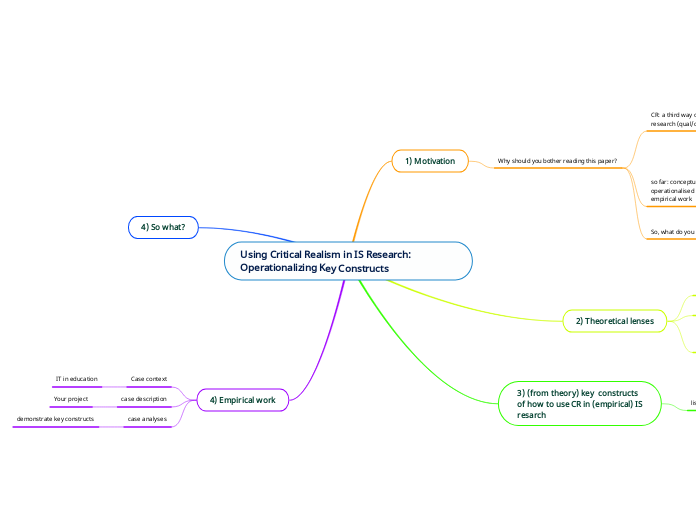

Using Critical Realism in IS Research: Operationalizing Key Constructs
by Øystein Sæbø
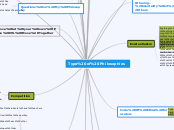

Education & Philosophy
by Ashton Luddington
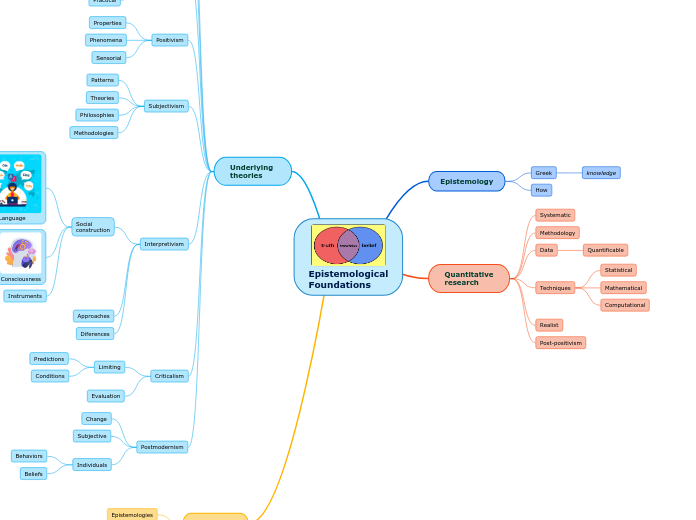

Epistemological Foundations
by ANDREA FERNANDA CRIOLLO CANTOS


Sample Mind Map
by carolina londoño buitrago
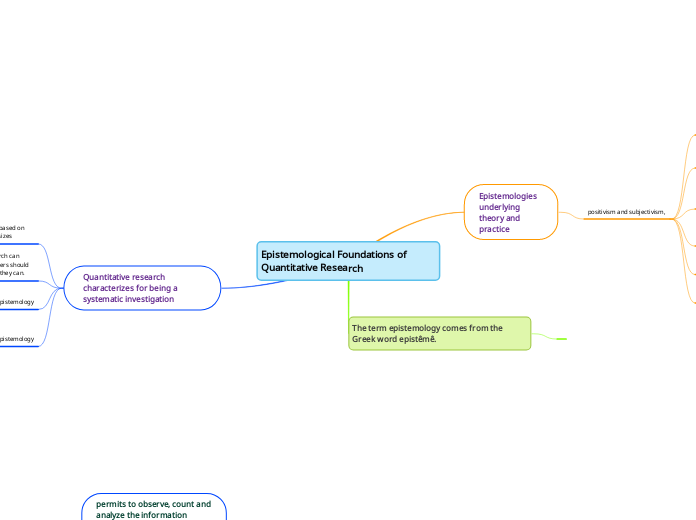

Epistemological Foundations of Quantitative Research
by JOSELYN CRISTINA MU�OZ ALBUJA
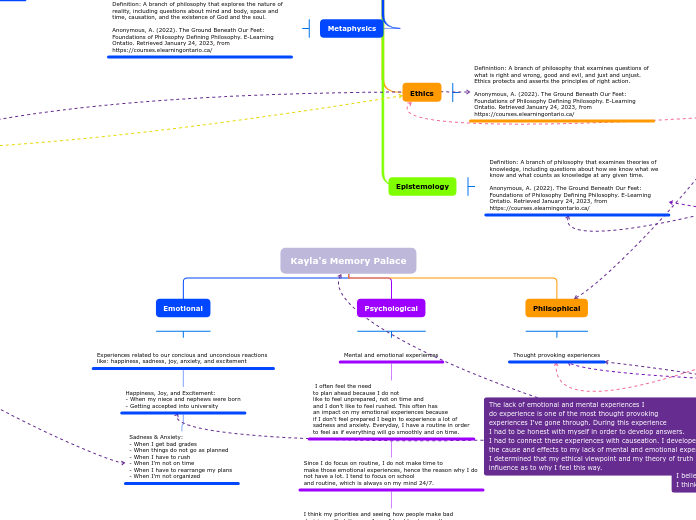

Kayla's Memory Palace
by Kayla Jean
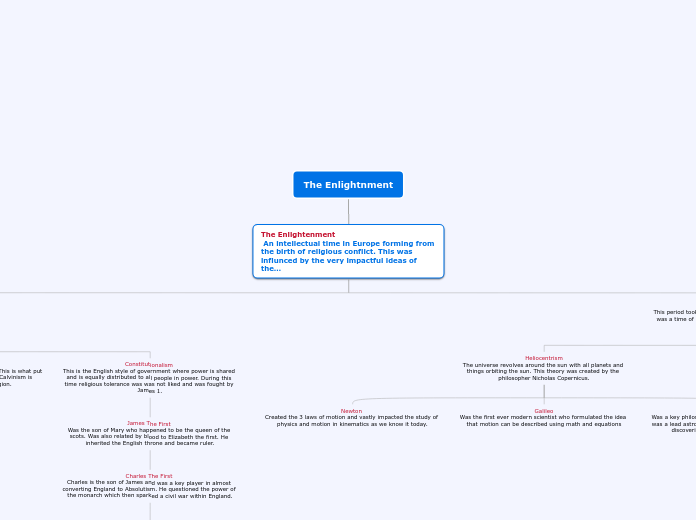

The Enlightnment
by Sebastian La Rizza
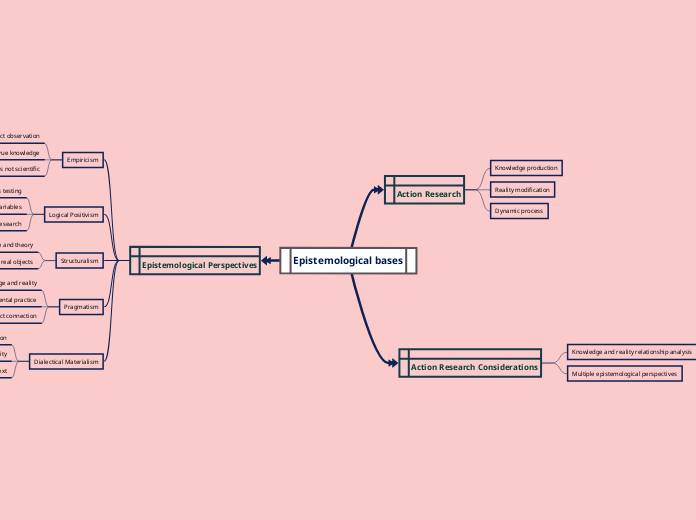

Epistemological bases
by LUIS ALFREDO EGAS DOMINGUEZ
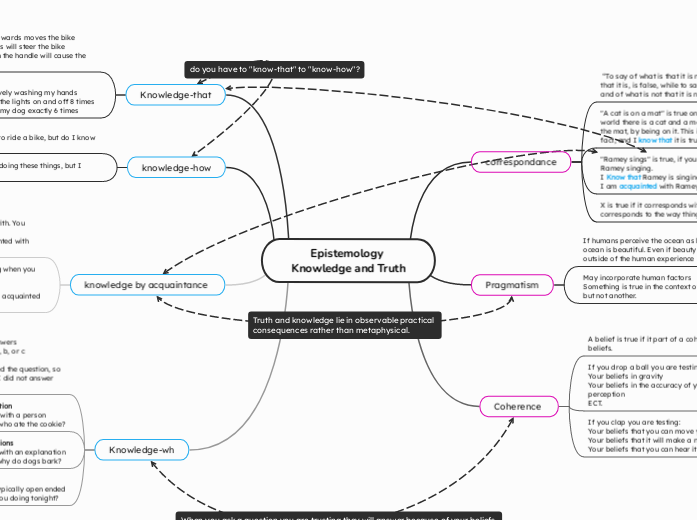

Epistemology Knowledge and Truth
by Jaylynn Graham
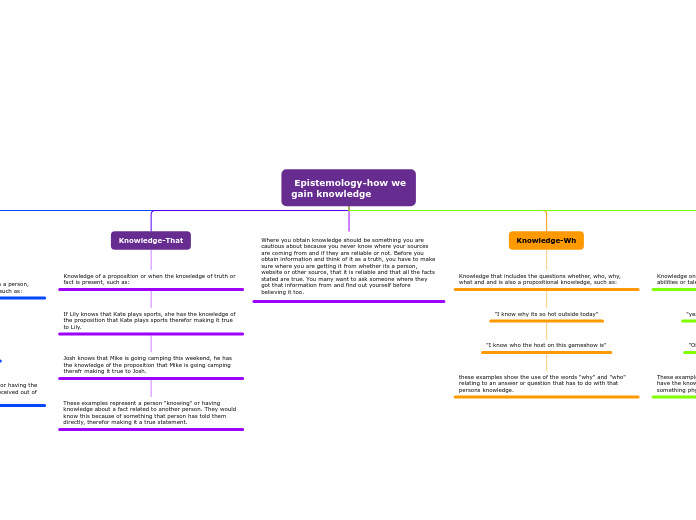

Epistemology-how wegain knowledge
by Myah Walling


Epistemology Knowledge and Truth
by Lauren Carscadden
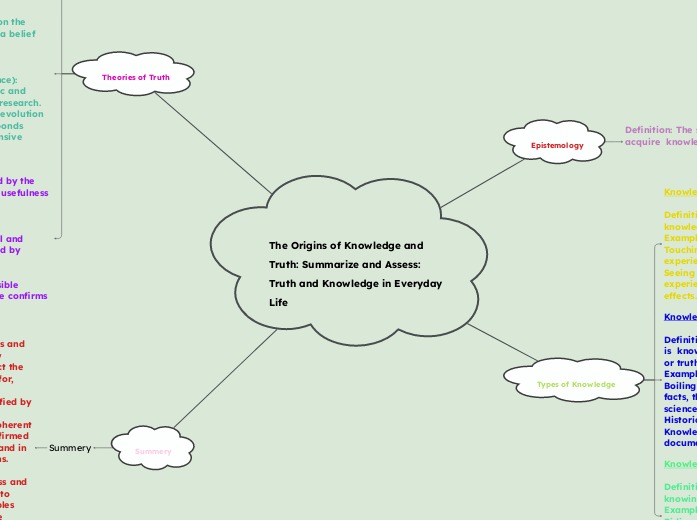

The Origins of Knowledge and Truth: Summarize and Assess: Truth and Knowledge in Everyday Life
by Karina Mbakwe
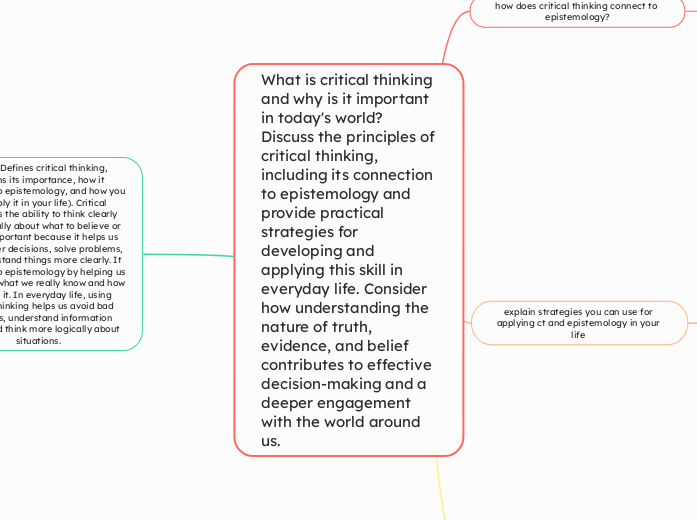

What is critical thinking and why is it important in today's world? Discuss the principles of critical thinking, including its connection to epistemology and provide practical strategies for developing and applying this skill in everyday life. Consider how understanding the nature of truth, evidence, and belief contributes to effective decision-making and a deeper engagement with the world around us.
by Chloe Goofers



